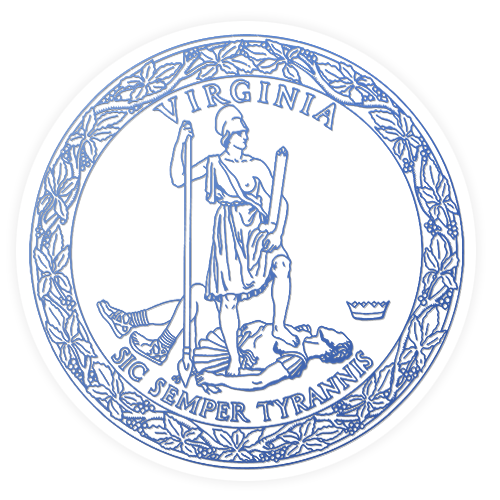
RICHMOND—Governor Ralph Northam today announced a new pilot program to help prevent suicide and close gaps in access to care for service members, veterans, and their families.
The Virginia Identify, Screen, and Refer Pilot will enhance the Commonwealth’s efforts to recognize these individuals (identified as SMVF), screen for suicide risk, and connect them to services. The pilot is part of the Governor’s Challenge to Prevent Suicide, which Virginia joined along with Arizona, Colorado, Kansas, Montana, New Hampshire, and Texas. The pilot program will run through September 2020.
“As an Army veteran, I know firsthand the challenges that our service members may face while on active duty, in their transition to civilian life, and beyond,” said Governor Northam. “That’s why I’ve made it a priority to ensure Virginia is equipped to provide quality behavioral health and supports, and that our veterans have access to them. This pilot program will help save lives, and it will help service providers better understand the needs of service members, veterans, and their families.”
The program will address the following issues, among others:
“Stigma around behavioral health keeps many service members and veterans from seeking care in federal treatment systems,” said Secretary of Veterans and Defense Affairs Carlos Hopkins. “State and community agencies are critical to prevent and end suicide among members of the military and veterans.”
The Governor’s Challenge to Prevent Suicide team is working with a diverse group of agencies, who are voluntarily stepping up without additional resources. These partners are have committed to identify SMVF more accurately and reliably, train staff in military culture and suicide prevention best practices, and connect individuals to military- and veteran-specific community resources such as the VA.
“It is essential for local agencies to be a part of this mission,” said Secretary of Health and Human Resources Daniel Carey, MD. “Approximately 70 percent of veterans who die by suicide were not connected to VA care at the time of their deaths. This program will help build infrastructure to serve our military and veteran citizens and gather data on what resources we will need to sustain these essential services.”
VISR Pilot participants include:
Since the inception of Governor’s Challenge to Prevent Suicide among SMVF earlier this year, Virginia’s interagency team has trained more than 500 community services providers in military cultural competency and suicide prevention, hosting six statewide Military Culture and Suicide Prevention Summits. The team also hosted two regional planning sessions focused on closing access to behavioral healthcare gaps for SMVF.
In January 2019, Governor Northam announced that Virginia was selected as one of seven states to participate in the inaugural Governor’s Challenge to Prevent Suicide among SMVF. The Virginia Governor’s Challenge team is co-chaired by Secretaries Hopkins and Carey. The team consists of the U.S. Department of Veterans Affairs and the U.S. Department of Defense; along with the Virginia Departments of Veterans Services, Behavioral Health and Developmental Services, Health, Social Services, Medical Assistance Services, and Education; the Virginia National Guard, and the Virginia State Police. Other health partners include the Virginia Hospital and Healthcare Association, Richmond Behavioral Health Authority and NAMI-Virginia.
Military service members, veterans, and family members who are in crisis or having thoughts of suicide—and those who know someone in crisis—can call the Suicide Prevention Lifeline at 1-800-273-8255 (Veterans and caregivers, press 1) for confidential support 24 hours a day, 7 days a week, and 365 days a year.
# # #